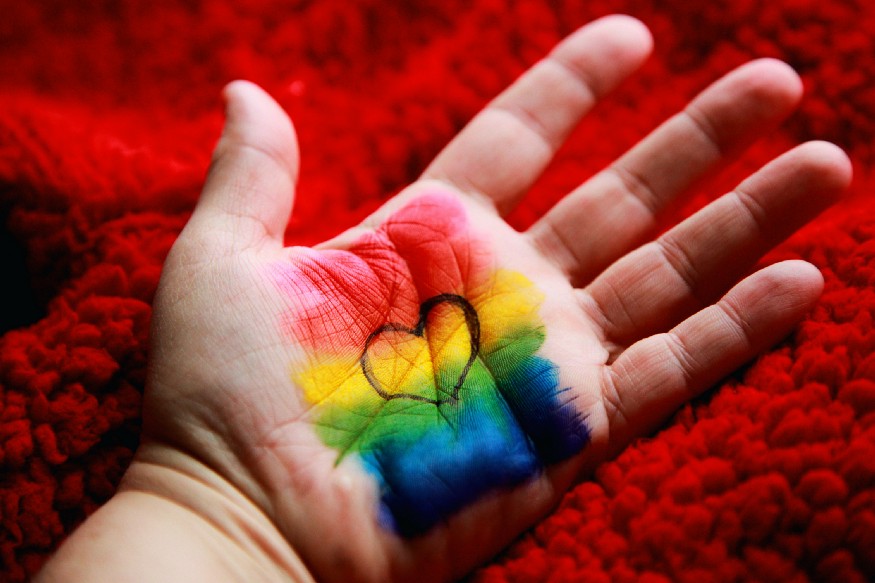How to build a fairer, healthier world during a global pandemic

On 7 April, in the midst of an ongoing global pandemic, we celebrated World Health Day with the motto: “Building a fairer, healthier world”. But to make this a reality the voices and needs of the most marginalised, including LGBTI people, must be front and centre. Here is how ILGA-Europe and the Nobody Left Outside initiative are working together to build on this vision.
The COVID-19 crisis has made it clear that nobody is safe until everybody is safe. Health and access to healthcare is one of the seven areas where COVID-19 has hugely impacted LGBTI people, organisations and communities in Europe and Central Asia. Although the corona virus does not discriminate, already marginalised groups have been hit harder by the pandemic and yet remain among the least protected. These vulnerable communities include LGBTI people as well as people experiencing homelessness, undocumented migrants, sex workers, people who use drugs and prisoners.
The Nobody Left Outside (NLO) initiative, with the participation of ILGA-Europe, is a collective of organisations representing some of the most marginalised communities in Europe, for whom access to healthcare is not straightforward. It aims to improve healthcare access for these people and calls on policy makers in the EU, at local and international levels, to take the following critical actions:
1. Establish a knowledge platform
Marginalised groups have specific and intricate healthcare needs. However, specific expertise, research and interventions are limited and scattered across Europe. The European Commission should support the establishment of an EU-level knowledge platform to compile and share research and best practices in healthcare access for marginalised, under-served groups. This should be led by academics active in the field, in close collaboration with civil society networks and organisations.
2. Train health and social care providers
Health and social care providers often lack suitable education to deal with the complex challenges faced by marginalised communities. The European Commission should support healthcare training and capacity building via the European Social Fund+. These programmes should include suitable training to educate and enable all staff providing services for marginalised communities and peer training. They should include training to avoid stigma and discrimination, and aim to reinforce collaboration between healthcare staff and community workers. An inspiring example is Health4LGBTI, an EU funded pilot project aiming at reducing health inequalities experienced by LGBTI people.
3. Implement the NLO Service Design Checklist
The NLO Service Design Checklist helps to design and deliver health and support services that are accessible to underserved and marginalised people. The European Commission should support a pilot programme to evaluate its implementation. You can download the NLO Service Design Checklist here.
4. Support Joint Action
International collaboration between academia, advocacy organisations and healthcare providers is key to driving improvements. EU Joint Actions aim to develop tools, methods and approaches and to build capacity through collaboration. Therefore, the European Commission should support a Joint Action to improve access to health and support services among marginalised and under-served communities, which should include the implementation of guidelines for monitoring and evaluation.
5. Support funding for research into access to cancer services
Some cancers are more common in marginalised groups or have worse outcomes due to delays in diagnosis and access to care. The Horizon Europe research programme mission on cancer should support funding for research to help improve access to cancer screening and care services among people in marginalised underserved communities.
6. Make health core to all policies
Healthcare should not be taken in isolation, but in connection to lifestyle, living conditions and other socio-economic determinants. The European Commission should further prioritise a coordinated approach and consider the impacts of health policies beyond the health sector, such as the Digital Single Market.